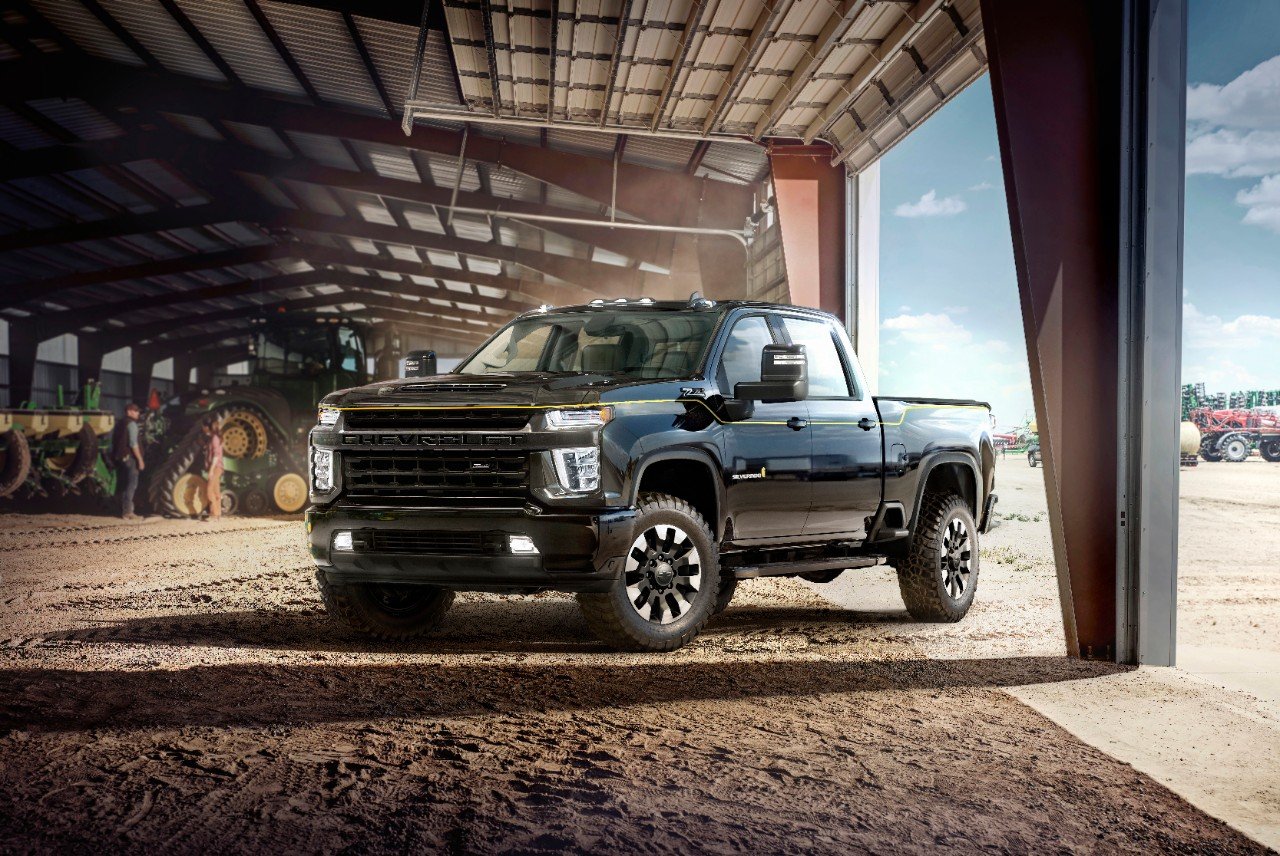Tesla Motors (TSLA +1.07%) has achieved a record-breaking year so far in 2013. The electric vehicle maker's stock is up more than 400% year to date , and with production of its upcoming Model X on the horizon, Tesla's momentum looks set to continue.
But General Motors (GM +1.07%) has a very different plan for its upstart rival.
GM aims to challenge Tesla's lead in the long-range battery war by introducing an electric car that can travel 200 miles and costs as little as $30,000, according to the Wall Street Journal . Let's take a closer look at what's at stake for Tesla, and whether the EV start-up can continue its run despite increased competition.
The power problem
Battery technology today is far from ideal. Lithium-ion cells are currently the batteries of choice for many large companies, although they remain expensive and offer limited range. Tesla's Model S, GM's Chevrolet Spark EV, and Boeing's Dreamliner all incorporate lithium-ion technology .

That said, Tesla is slightly ahead of the curve when it comes to battery strategy. In fact, Tesla's chief technical officer claims, "the battery prices in the Model S are substantially lower than what everyone expects today ." On top of this, Tesla's Model S boasts the longest driving range of any EV on the road. Tesla's 85-kilowatt battery commands a range of 300 miles . However, it also costs a pretty penny at $70,000 . This is where GM hopes to undercut the EV maker.
GM's vice president of global product programs revealed yesterday that the company is developing a $30,000 option that would compete with Tesla's Model S. The only problem is there's no word yet on when the car would be available . Potential buyers could be waiting a while; just two months ago, GM enlisted a special team of employees to study Tesla's disruptive technology .
With no known timeline on the table, it could be years before GM gets a 200-mile range EV to market for $30,000. And at that point, it might be too late. As we know , Tesla plans to sell its mass-market Gen III model as soon as 2016 . Moreover, Tesla's CEO Elon Musk says the model would cost around $35,000 without the aid of government incentives, and would be capable of traveling at least 200 miles on a single charge. Depending on the timing, GM's more affordable EV might not be a Model S challenger at all.
Looking ahead, Tesla's toughest challenge isn't competitive threats from GM or other traditional automakers. Instead, the problem is battery technology. At a Tesla event in July, Musk explained that lithium-ion cell production is one of the company's biggest challenges going forward .
At this point, Panasonic is responsible for supplying the majority of battery cells for Tesla's Model S. However, as Tesla continues to ramp up production, it may think about adding more suppliers. The company is currently considering a variety of options, including building out its own battery manufacturing plant .
As Musk recently said, "When our third-generation car is being produced and our factory is producing half a million cars a year, we will exceed the entire laptop industry by a decent margin, and new battery factories will need to be built ."
This could create some interesting manufacturing opportunities in the U.S. Nevertheless, the real challenge for Tesla going forward will be battery technology and supply, not competition. Ultimately, Tesla needs to continue innovating if it wants to remain ahead of rivals in the space.






